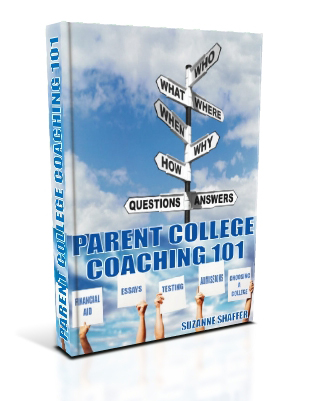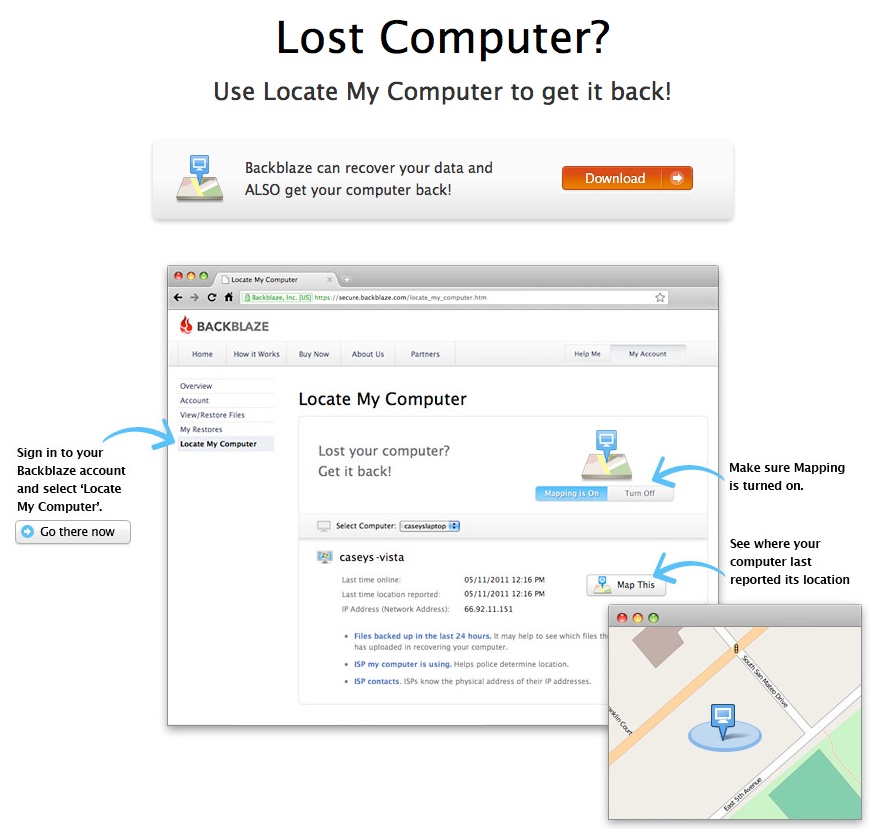With competition for college becoming more intense and the college admissions officers looking at each application and analyzing its merits, it makes sense to give your college-bound teen Parents Countdown to College Crash Course ($147 value) to one lucky parent.
I created the Parents Countdown to College Crash Course because:
- College admissions is becoming increasingly competitive
- By college’s own admission, the process is entirely subjective
- If you wait until senior year, you will in panic mode
- Your teen is just one in thousands of college applicants
- Without help, you will get lost in the college maze
- School counselors simply don’t have the time to advise
 What you can expect from my Parents Countdown to College Crash Course:
What you can expect from my Parents Countdown to College Crash Course:
- A step by step guide through the college admissions process—walking you through the process in a way that every parent can understand
- Supportive templates and worksheets to help you stay organized and on top of college deadlines
- Directions on where to go to find the experts in every facet of the college admissions process—and how to get their help for FREE!
- How to help your teen choose the right college—the college that fits him/her perfectly
- Tips on how to make your college-bound teen appealing to their top choice college
- Everything you ever need to know to understand financial aid and how to leverage that knowledge to your advantage
Here’s an excerpt from a recent New York Times article:
No test or licensing is required to offer such services, and there is no way to evaluate the counselors’ often extravagant claims of success or experience. And Ms. Duff’s asking price, though higher than many, is eclipsed by those of competitors who may charge upwards of $40,000 —more than a year’s tuition at many colleges.
Believe me, I couldn’t afford that kind of money when I was helping my kids with the college process, and I’m sure you can’t either.
 BUT, if I had found someone that offered everything I needed in one CRASH COURSE for a FRACTION of the cost of those high-priced counselors, I would have JUMPED at the BARGAIN!
BUT, if I had found someone that offered everything I needed in one CRASH COURSE for a FRACTION of the cost of those high-priced counselors, I would have JUMPED at the BARGAIN!
For ONE all-inclusive price you will receive:
- An Ebook: Parent College Coaching 101 (guiding you through the step by step process of college admissions).
- A workbook: with Templates and Worksheets to compliment the instructions in the Ebook.
- Expert Link List: clickable links to EVERY expert in the field of college admissions.
 Whitepapers: A compilation of my articles and blog posts (categorized) specifically addressing college admission issues.
Whitepapers: A compilation of my articles and blog posts (categorized) specifically addressing college admission issues.- My Top Website picks: These are sites that are PACKED with FREE information and tips about the college admissions process.
Don’t make the mistake of being unprepared and scrambling around senior year trying to help your college-bound teen apply to colleges. Be a smart parent and prepare in advance. The best time to start with the college prep process is the 8th grade. But if you’re running behind, my Crash Course will help you catch up!
a Rafflecopter giveaway












